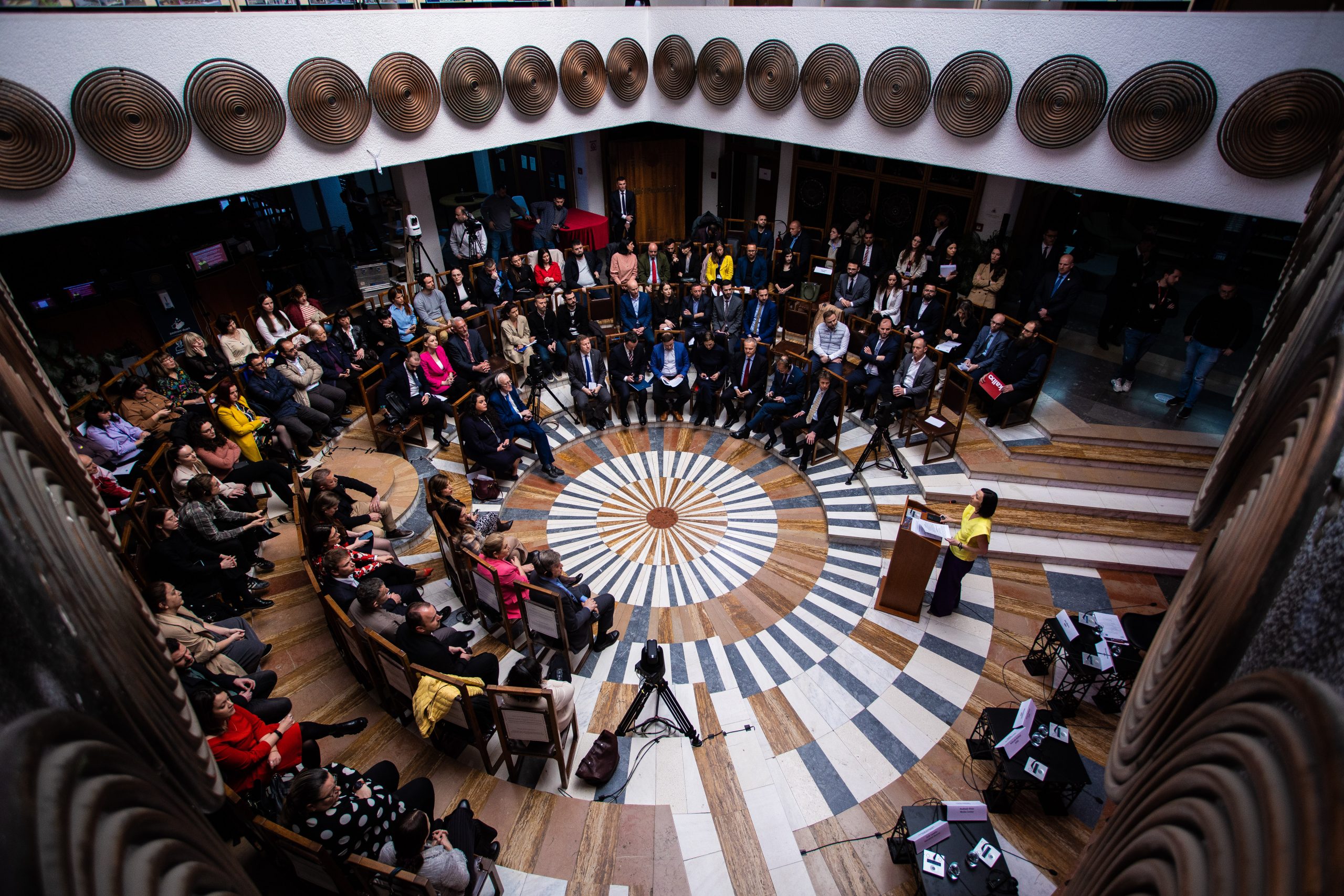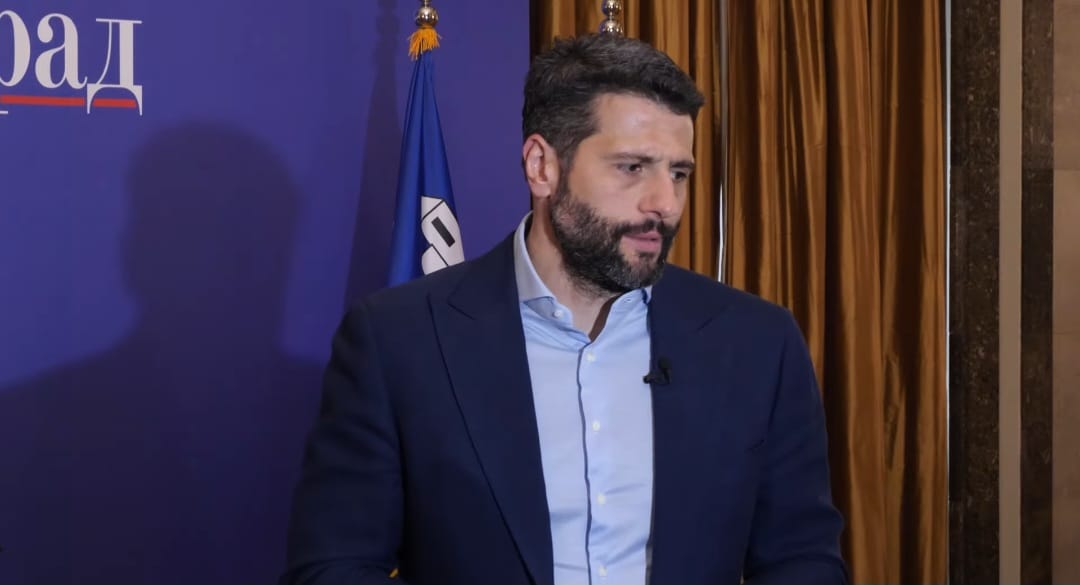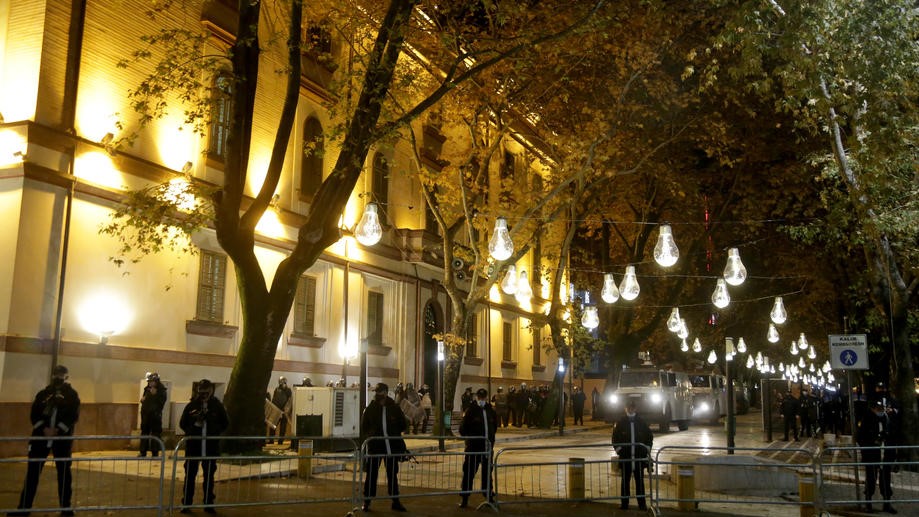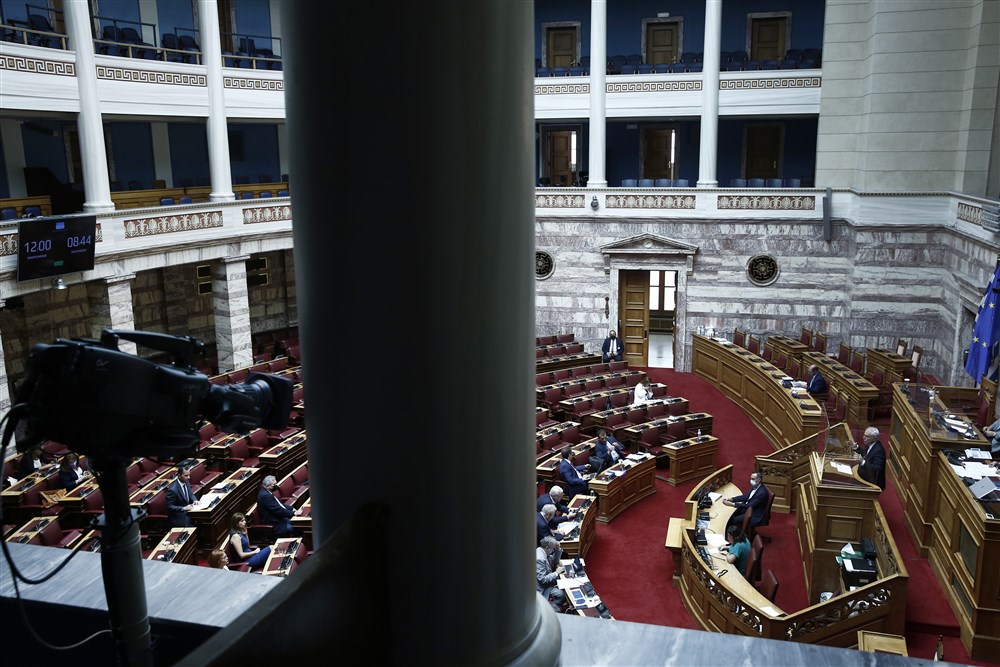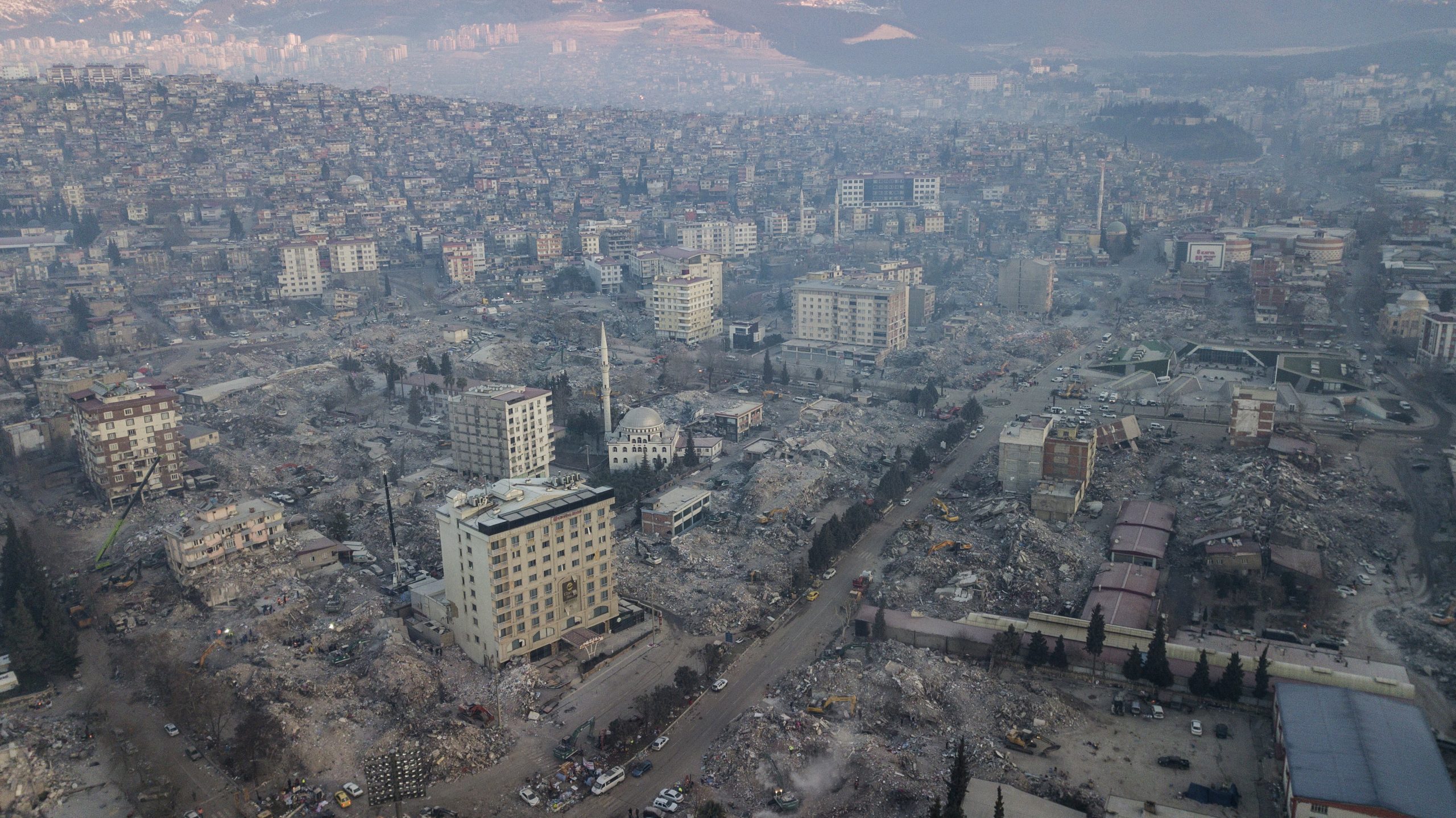In the wake of regional and global political uncertainties, fake news in Kosovo has gone to another level, a BIRN-organised conference on the eve of International Fact-Checking Day, April 2, concluded on Thursday.
The conference gathered media people, politicians and diplomats to showcase the danger fake news pose in a pluralistic media environment and elaborate ways on how to fight the phenomenon.
Presenting the preliminary findings of a report on disinformation that BIRN in Kosovo is conducting, Kreshnik Gashi, editor-in-chief of news site KALLXO.com said that from October 2022 to March 2023 a total of 315 fake information articles had been detected, with 33 of them related to Kosovo’s interethnic relations and national security and 30 related to the dialogue between Kosovo and Serbia.
“During the research, we saw that producers of fake news are deceiving even the computer … These are not dubious news, they are fake. They are published and verified as fake,” Gashi said.
“We have managed to understand who the source of these information is. In 169 of them, they appear to be people who have political knowledge, who are influencers, and who have produced fake information distributed on social media,” he added.
Kosovo’s Prime Minister, Albin Kurti, said fact-checking was a potential “vaccine” against the “virus” of fake news.
“Verification techniques are expected to be a vaccine against the virus of fake news. It’s similar to the fake news on COVID vaccines which flooded the world three years ago, where our population was a victim, too. But to produce a vaccine against the virus of fake news, we need a sociology of television and media anthropology,” Kurti said.
The head of the European Office in Kosovo, Tomas Szunyog, said advances in the internet and digital age had increased dramatically their impact.
“It is our collective responsibility to fight disinformation and explore new strategies and partnerships to promote professional journalism and media literacy and ensure access to verified information, transparency, and accountability. The EU will continue supporting Kosovo in this regard,” Szunyog said.
Antonello De Riu, Italian ambassador to Kosovo, said that behind fake news, the wider strategy was to manipulate public opinion and erode the stability of states and their democratic institutions.
“In this environment, civil society organizations and media play a central role in addressing disinformation’s growing impact on democracy, positively contributing to shaping policy making, improving platform responses and enhancing citizen knowledge and engagement,” he said.
In its annual report for Kosovo, the European Commission noted that the country has “some benefits” from a pluralistic and lively media environment.
“However, concerns remain regarding public smear campaigns and threats and physical attacks on journalists. The lack of financial self-sustainability leaves the media, including the public broadcaster, vulnerable to political and business interests,” the Commission said.
The international media watchdog Reporters Without Borders in its latest report said that despite its small size and division along ethnic lines, Kosovo has a pluralistic and vivid media market.
But it added that although the media hold the authorities accountable, journalists are regularly targeted by political attacks.
